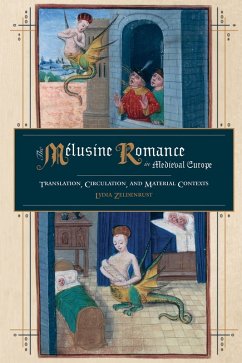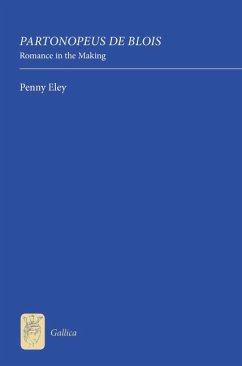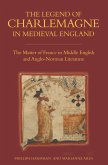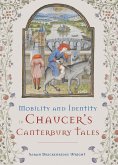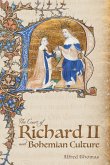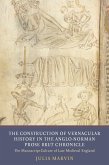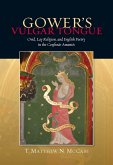The legend of Mélusine examined in a pan-European context.
Readers have long been fascinated by the enigmatic figure of Mélusine - a beautiful fairy woman cursed to transform into a half-serpent once a week, whose part-monstrous sons are the ancestor of several European noble houses. Thisstudy is the first to consider how this romance developed from a local legend to European bestseller, analysing versions in French, German, Castilian, Dutch, and English. It addresses questions on how to study medieval literaturefrom a European perspective, moving beyond national canons, and reading Mélusine's bodily mutability as a metaphor for how the romance itself moves and transforms across borders. It also analyses key changes to the romance's content, form, and material presentation - including its images - and traces how the people who produced and consumed this romance shaped its international transmission and spread. The author shows how Mélusine's character is adaptedwithin each local context, while also uncovering previously unknown connections between the different branches of this multilingual tradition. Moving beyond established paradigms of separate national traditions, manuscript versusprint, and medieval versus Renaissance literature, the book integrates literary analysis with art historical and book historical approaches.
LYDIA ZELDENRUST is a Leverhulme Early Career Fellow at the Department of English and Related Literature at the University of York.
Readers have long been fascinated by the enigmatic figure of Mélusine - a beautiful fairy woman cursed to transform into a half-serpent once a week, whose part-monstrous sons are the ancestor of several European noble houses. Thisstudy is the first to consider how this romance developed from a local legend to European bestseller, analysing versions in French, German, Castilian, Dutch, and English. It addresses questions on how to study medieval literaturefrom a European perspective, moving beyond national canons, and reading Mélusine's bodily mutability as a metaphor for how the romance itself moves and transforms across borders. It also analyses key changes to the romance's content, form, and material presentation - including its images - and traces how the people who produced and consumed this romance shaped its international transmission and spread. The author shows how Mélusine's character is adaptedwithin each local context, while also uncovering previously unknown connections between the different branches of this multilingual tradition. Moving beyond established paradigms of separate national traditions, manuscript versusprint, and medieval versus Renaissance literature, the book integrates literary analysis with art historical and book historical approaches.
LYDIA ZELDENRUST is a Leverhulme Early Career Fellow at the Department of English and Related Literature at the University of York.
Dieser Download kann aus rechtlichen Gründen nur mit Rechnungsadresse in A, D ausgeliefert werden.

